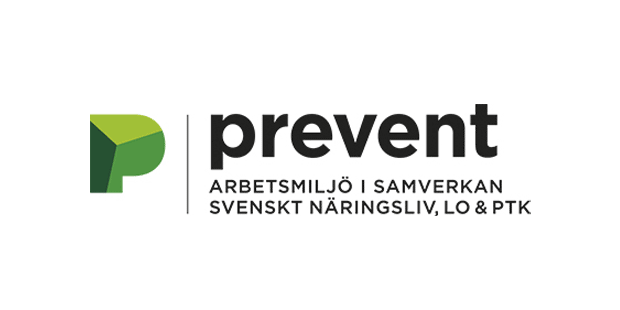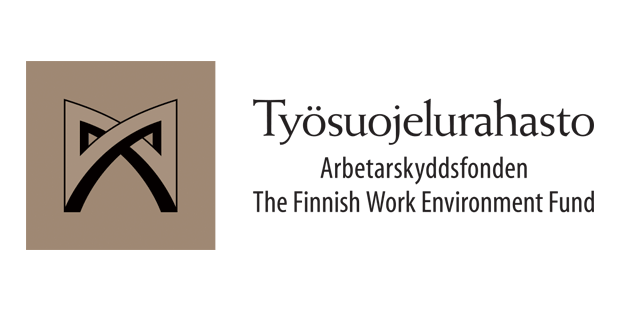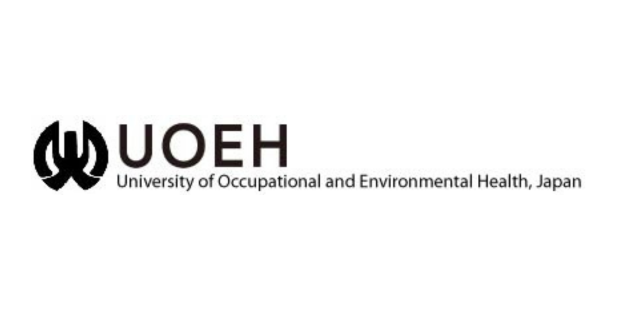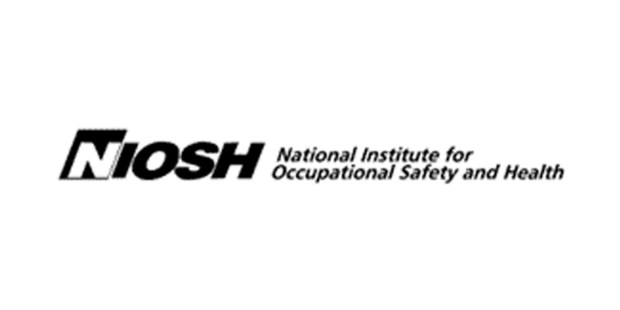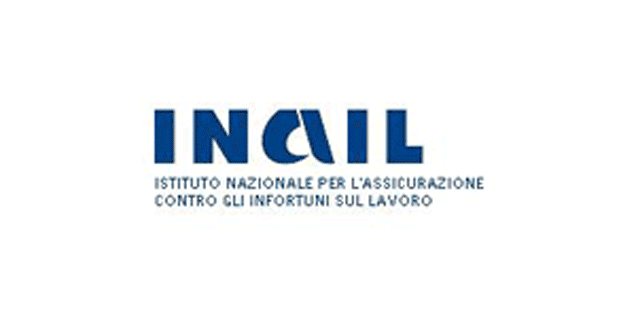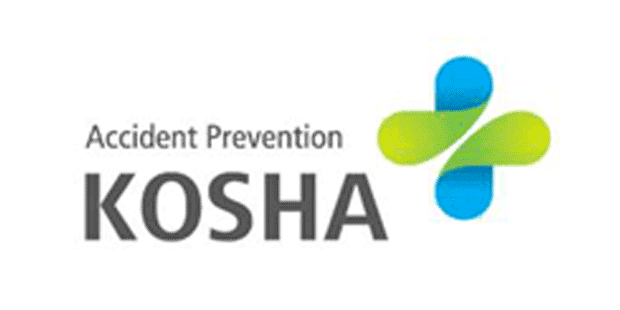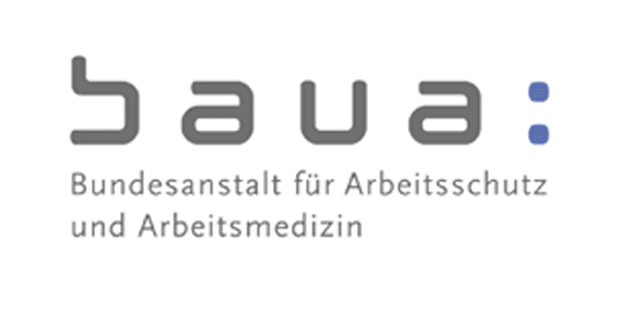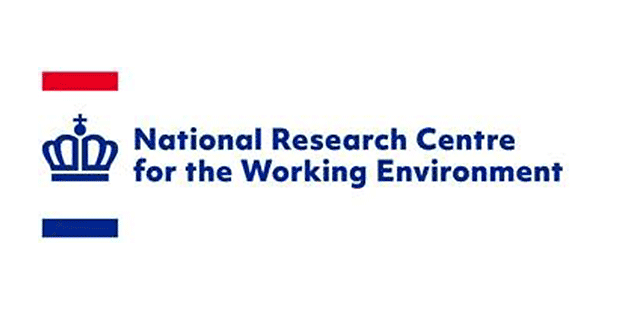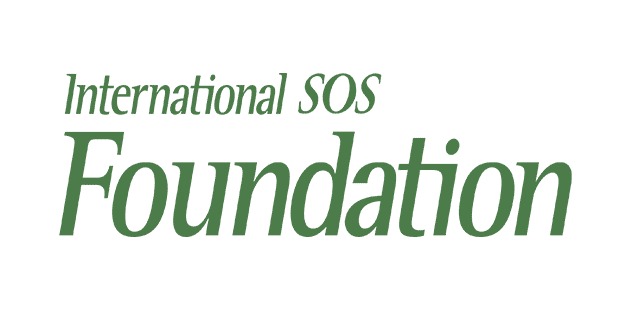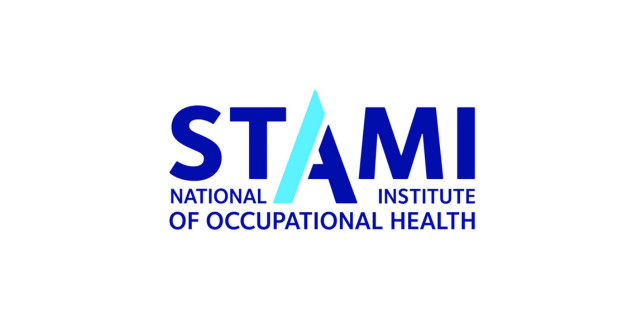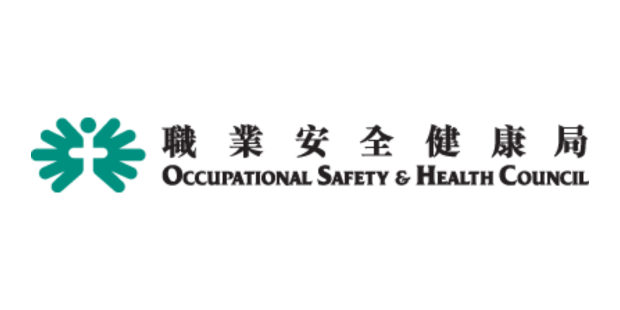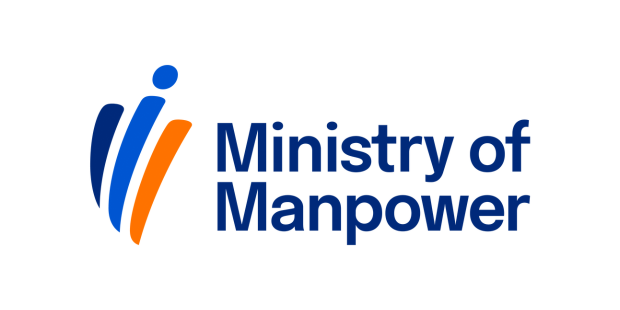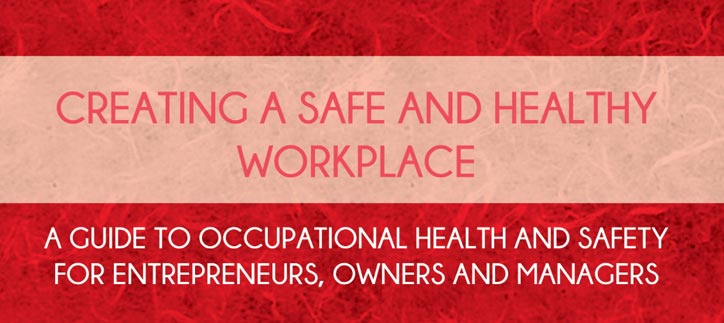Asbestos ban
|
ICOH has set among its main priorities the Asbestos Ban, taking a very clear position in favour of the global ban of asbestos. Through its official bodies and individual members ICOH took actions at all levels of activity, global, national and workplace levels: |
|
1. After the "Call for an International ban for asbestos" produced by the Collegium Ramazzini, the ICOH Officers Meeting in Paris, 30-31 August 1999, chaired by the ICOH President at that time, Professor Jean-Francois Caillard, decided to endorse it. Furthermore the endorsement of the "Call for an International ban for asbestos" was approved by the ICOH 2nd General Assembly on 1 September 2000, in connection of the ICOH 2000 Congress. |
|
2. The need for a continuous follow-up was recognised during ICOH 2000-2002 triennium and the ICOH President, Prof. Bent Knave, decided to establish a Task Group on Asbestos (including members of the Board), that presented in the ICOH Board Meeting of March 1-2 2002, an article by Benedetto Terracini "World Asbestos Congress: Past, Present and Future Osasco 17-20 September 2000", as a report. The article was endorsed by the Board. Furthermore the endorsement of the "Call for an International ban for asbestos" was approved by the ICOH 2nd General Assembly on 1 September 2000, in connection of the ICOH 2000 Congress. |
|
3. The European Conference on Asbestos 2003 on 3-6 September 2003, drafted and adopted the �Dresden Declaration on Protection of Workers against Asbestos� The Declaration was drafted with strong input by ICOH President and the Secretary of the Scientific Committee on Industrial Hygiene and it summarizes the contemporary effort of ICOH which has the scientific role to �provide guidance and support for a well-governed process to eliminate the use of asbestos�. For this aim, ICOH Past President, Prof. Jorma Rantanen, during the 13th Session of the Joint ILO/WHO Committee on Occupational Health made the proposal for elimination of asbestos related diseases as a priority for ILO/WHO collaboration. The Committee unanimously approved the proposal. |
|
4. ICOH commitment in this field was also attested by the full support to the Asian Asbestos Conference 2006 organized in Thailand on 26-27 July, 2006 by the Ministry of Public Health and co-sponsored by the International Labour Office (ILO), the World Health Organization (WHO), International Ban Asbestos Secretariat (IBAS) and the International Commission on Occupational Health (ICOH). During the Conference, Prof. Jorma Rantanen declared ICOH's unequivocal support for a global asbestos ban; this position is rooted in the experiences of ICOH members who have observed the dire consequences of hazardous asbestos exposures on their patients in industrialized countries. Prof. Rantanen urged that concerted action be taken by international agencies, national governments, trade unions and NGOs to raise awareness of the asbestos hazard and to highlight the long-term economic benefits of transferring to non-asbestos technologies. |
|
5. The Bangkok Declaration, recalling the ILO resolution on Asbestos, the ILO Conventions on Occupational Cancer (No. 139), the Safety in the Use of Asbestos, the WHO Global Strategy on Occupational Health for All and the WHA Resolution 58.22 on Cancer Prevention and Control and�considering the ICOH International Code of Ethics for Occupational Health Professionals, declared the support of its signatories for a global asbestos ban and was widely disseminated through many networks. |
|
6. For the triennium 2009-2012, a new ICOH Working Group on the Elimination of Asbestos-related Diseases was set. The Working Group mainly focused on examining the existing regulations and bans in order to develop specific recommendation for actions and guidelines. As mentioned in the statement, achieving a worldwide ban on the mining, sale and use of all forms of asbestos and the elimination of asbestos-related diseases will require that physicians and occupational health personnel responsibly and persistently express their concerns, raise awareness and take necessary action regarding the need to prevent asbestos-related diseases. ICOH pledges to continue to foster global and national collaboration in this endeavor, promoting the active engagement of ICOH members in supporting the collaborative activities. Through our combined effort in accordance with this statement, we sincerely hope to further strengthen close cooperation with our international allies and colleagues worldwide towards achieving the global ban of asbestos and the elimination of asbestos-related diseases. To consult the final version of the 2013 ICOH statement on global asbestos ban and the elimination of asbestos-related diseases please click here. |
|
7. From 10 to 13 February 2014, in Espoo, Finland, the International Conference on Monitoring and Surveillance of Asbestos-Related Diseases has been co organized with ICOH MidTerm Meeting.
The ICOH members also were most instrumental in production of Helsinki Criteria for Diagnosis and Attribution of Asbestos Related Diseases a document that has been taken in use in everyday practices in diagnosing, recognition and compensation of asbestos related diseases and has also been used in courts in some countries in defense of victims of the diseased persons. ICOH members also train the experts in occupational medicine and safety by using the research and criteria documents as a support for education. |
| 8. In that occasion the Helsinki Declaration on Management and Elimination of Asbestos-Related Diseases has been signed by Prof. Harri Vainio, Chair of the Organizing Committee of and Dr. Kazutaka Kogi, ICOH President. The participants of the International Conference on Monitoring and Surveillance of Asbestos-Related Diseases call for joint international actions for extension and implementation of the global asbestos ban in all countries and protection of workers being currently exposed, as guided by WHO, ILO and ICOH as well. |


